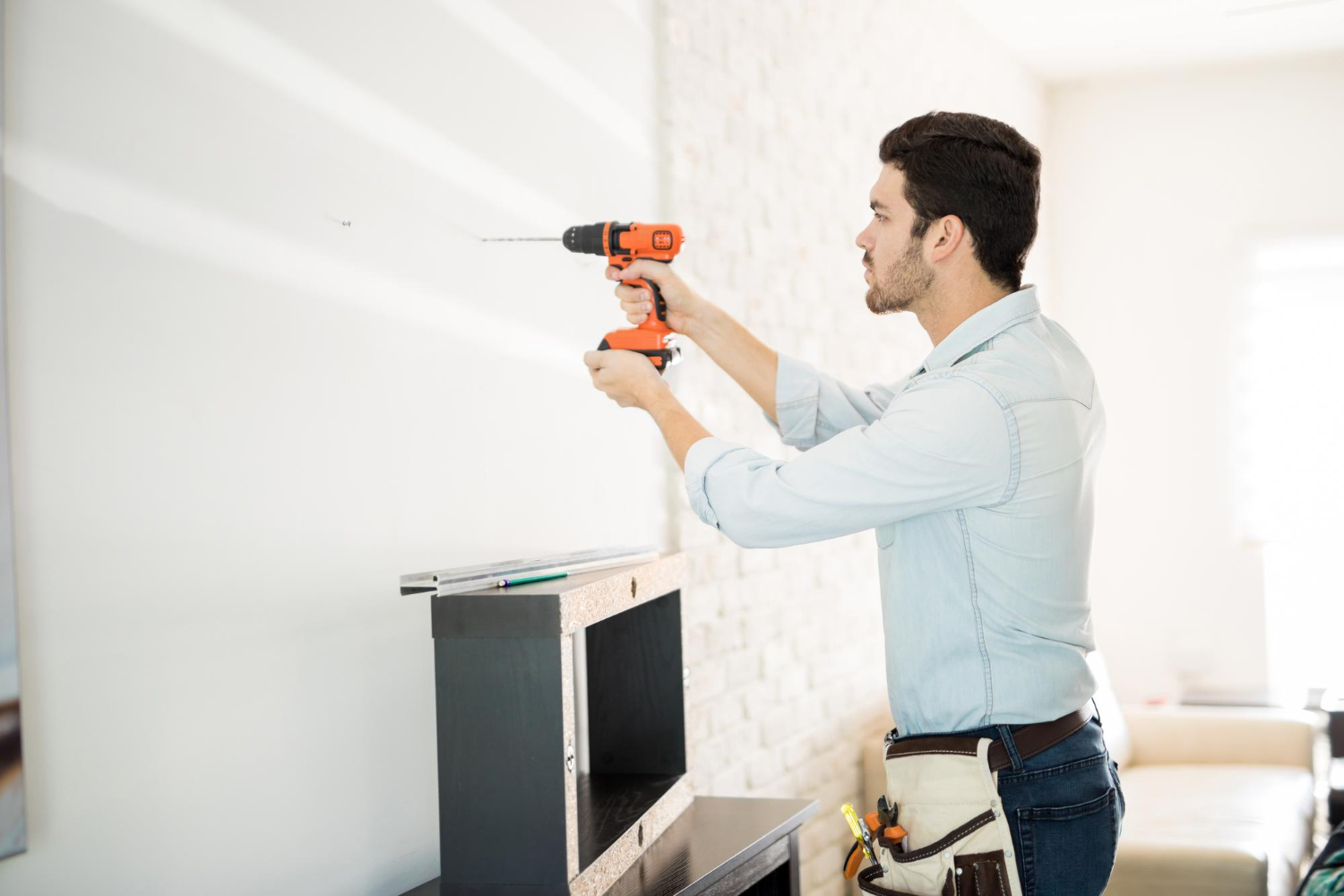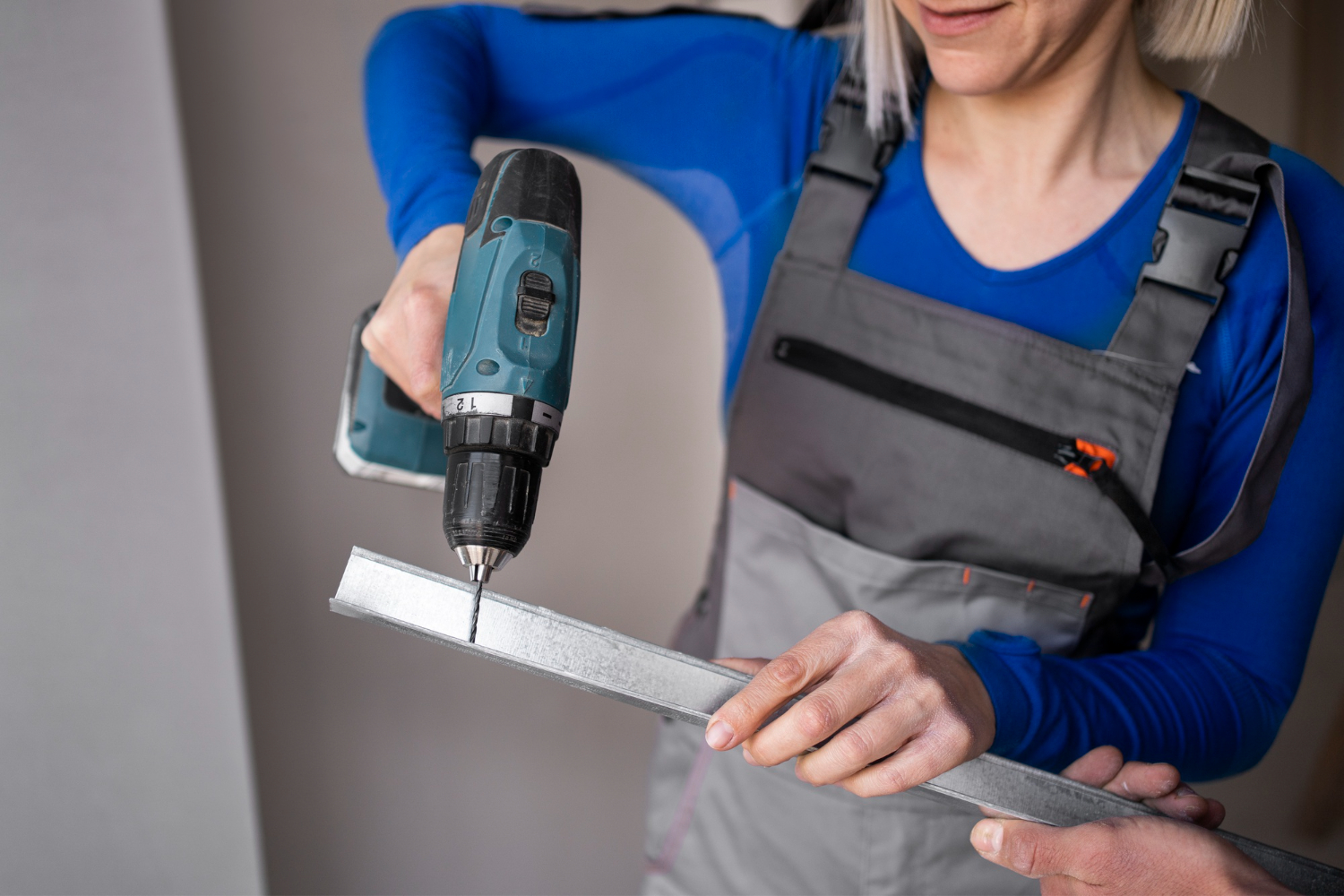
Home repairs can be both an essential upkeep task and a financial burden for many homeowners. Whether you’re dealing with a leaky faucet or a crumbling roof, costs can quickly add up. However, with smart planning and a little know-how, managing these repairs without breaking the bank is entirely possible. Understanding your options and being proactive can save you both time and money in the long run.
Table of Contents
Assessing the Situation
Before jumping into any repairs, it’s crucial to thoroughly assess the situation. Start by identifying the extent of the problem. Is it something that can be patched up, or does it require comprehensive restoration? For example, a small crack in the wall might only need a little spackle, while water damage could signify larger issues that might extend to plumbing or the roof. Take some time to research common issues related to your specific repair. Many homeowners face similar challenges, and gathering information about these can help you determine what tools and materials are necessary. This knowledge prepares you for effective solutions without unnecessary expenses.
Finding Reliable Professionals
When the scope of the repair surpasses your DIY capabilities, hiring professionals is often the right move. However, it’s vital to do your due diligence. Seek out referrals from friends or family and read reviews online to find trustworthy professionals in your area. Obtaining multiple quotes from different contractors can significantly affect the overall cost of repairs. One common mistake is not double-checking a contractor’s credentials. Ensure that they hold the correct licenses and insurance, as this protects you from potential liabilities during repairs. Also, confirm their experience in handling specific repairs. A reputable professional should be transparent with their pricing and process, making it easier for you to budget accordingly.
Budgeting for Repairs
Creating a budget for your home repairs is essential. Begin by determining how much you can afford to spend without straining your finances. When pouring over your budget, consider all potential expenses, including materials, labor, and any unforeseen costs. A solid budget gives you a framework to work within and helps prevent overspending. It’s important to set realistic expectations for what you can achieve. If your budget is tight, you might need to prioritize which repairs to tackle first. Addressing major issues like plumbing or roofing should be at the top of your list, while cosmetic improvements can wait until funds are available.
Exploring Cost Control Methods
One way to handle repairs without overspending is to utilize substitute materials or alternatives. In some instances, high-end materials are unnecessary for everyday repairs. Researching options allows you to discover economical alternatives that maintain quality while saving money. If you’re considering upgrading certain areas of your home, like your roof, it may be wise to explore roofing options that fit your budget but also provide the durability you need. Educating yourself on materials, their longevity, and maintenance requirements can guide you toward more cost-effective choices.
DIY vs. Hiring Help
While many repairs benefit from expert attention, there are plenty of minor repairs you can tackle on your own, saving money in the process. DIY projects, such as painting or simple landscaping, can be an enjoyable way to increase your home’s value without incurring significant costs. Assess your skills honestly when considering a DIY project. If you have the necessary tools and knowledge, you can often complete projects for a fraction of the cost. However, remember that some tasks, like electrical work or major plumbing, should be left to the professionals to avoid costly mistakes.
Negotiate Pricing
Don’t hesitate to negotiate project pricing with contractors. Many may be willing to offer discounts, especially if you’re flexible with the scheduling of repair work. It’s perfectly acceptable to ask for a breakdown of their costs to understand what you’re paying for, and this might reveal opportunities for negotiation. Also, consider offering to pay in cash. Many tradespeople are willing to provide generous discounts for cash payments, enabling you to save additional money in the process. Just ensure that this will not compromise any warranties or guarantees associated with the service.
Maintaining Preventative Practices
Investing in preventative maintenance can significantly reduce repair costs over time. Regularly inspecting your home for potential issues like leaks, cracks, or signs of mold allows you to address small problems before they escalate into larger, more expensive repairs. Consider setting up an annual schedule for home inspections to catch issues early. Coupled with routine maintenance like cleaning gutters and checking appliances, preventive care helps create a less stressful environment for dealing with home repairs.
Smart Financial Planning
Finally, integrating smart financial planning into your home repair strategy can make a world of difference. Establish an emergency fund designated specifically for home repairs. This fund can cushion your budget when emergencies arise, allowing you to manage unexpected costs without putting a strain on your finances. Consider using home repair financing options provided by banks or homeowners’ associations. These options offer lower interest rates compared to standard credit cards, reducing the overall cost of financing repairs.

Managing home repairs without overspending is all about being proactive and informed. By planning and adopting smart financial strategies, you can ease the burden of home repairs, keeping your budget intact and your home in good shape without overspending. Add smart decision-making into the mix, and you have the best tools for successful and affordable home repairs.


